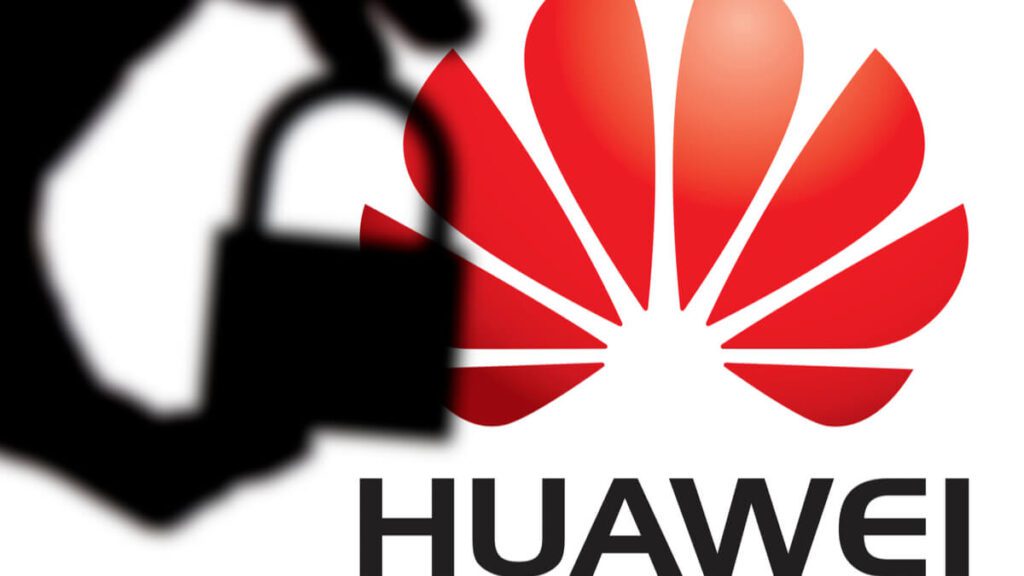
Telecom companies in Britain face hefty fines if they don’t comply with strict new security rules under a new law proposed in Parliament on Tuesday that is aimed at blocking high-risk equipment suppliers like China’s Huawei.
The Telecommunications (Security) Bill tightens security requirements for new high speed 5G wireless and fiber optic networks, with the threat of fines of up to either 10% of sales or 100,000 pounds ($134,000) a day for companies that don’t follow the rules.
The draft law paves the way for the U.K. government to formalize Prime Minister Boris Johnson’s decision in July prohibiting Huawei from building Britain’s 5G mobile phone networks because of security concerns.
The British government said it was bringing in the ban – reversing an earlier plan to give Huawei a limited role – because U.S. sanctions made it impossible to ensure the security of its networking gear. Wireless carriers were also ordered to rip out any existing Huawei 5G equipment from their networks by 2027. The Chinese company is one of the flashpoints in a broader global battle between Washington and Beijing over trade and technology.
The new rules are a major step to protecting the U.K. from hostile cyber activity by state actors or criminals, the government said, citing previous cyberattacks attributed to Russia, China, North Korea and Iran.
“This groundbreaking bill will give the U.K. one of the toughest telecoms security regimes in the world and allow us to take the action necessary to protect our networks,” Digital Secretary Oliver Dowden said.
The bill, which needs to be approved by Parliament, spells out tougher security standards for the electronic equipment and software at mobile phone mast sites and in telephone exchanges that handle internet traffic and telephone calls.
Huawei said it was disappointed that the U.K. government was looking to exclude it from the 5G rollout.
“This decision is politically-motivated and not based on a fair evaluation of the risks,” said Vice President Victor Zhang. “It does not serve anyone’s best interests as it would move Britain into the digital slow lane and put at risk the government’s levelling up agenda.”
LONDON (AP).